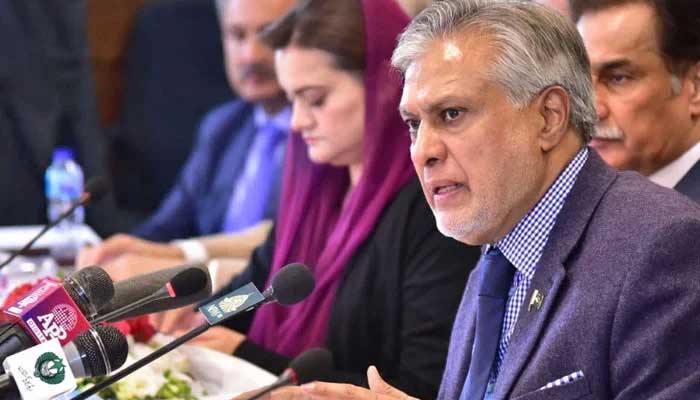Pakistan’s Prime Minister Shehbaz Sharif has directed the finance ministry to prepare a budget that is in line with the demands of the International Monetary Fund (IMF).
The IMF has been providing financial assistance to Pakistan since 2019, and in order to continue receiving this assistance, Pakistan must agree to a number of economic reforms. These reforms include reducing the fiscal deficit, increasing revenue collection, and reforming the energy sector.
The finance ministry will now begin the process of preparing a budget that meets these demands. This will involve a number of steps, including assessing the current economic situation, consulting with the IMF, and developing a comprehensive fiscal framework.
The preparation of a budget in line with IMF demands is a critical step for Pakistan’s economic stability. By implementing these reforms, Pakistan can attract foreign investment, improve its global financial standing, and foster sustainable economic development.
Key Benefits of Preparing a Budget in Line with IMF Demands
- Attract foreign investment: By demonstrating its commitment to fiscal discipline and economic reform, Pakistan can attract foreign investment, which will help to boost economic growth.
- Improve global financial standing: Pakistan’s improved economic standing will make it easier for the country to borrow money from international lenders, which will help to finance its development projects.
- Foster sustainable economic development: By implementing structural reforms, Pakistan can create a more efficient and competitive economy, which will lead to sustainable economic growth.
The Process of Preparing a Budget in Line with IMF Demands
The process of preparing a budget in line with IMF demands is complex and requires careful planning. The following are the key steps involved:
- Assess the current economic situation: The first step is to assess the current economic situation, including the country’s fiscal deficit, revenue collection, and debt levels.
- Consult with the IMF: The finance ministry will then consult with the IMF to discuss the country’s economic situation and the reforms that need to be implemented.
- Develop a comprehensive fiscal framework: The finance ministry will then develop a comprehensive fiscal framework that outlines the government’s revenue generation strategies, expenditure allocations, and measures to address fiscal deficits.
- Strengthen revenue generation: The government will need to strengthen revenue generation by broadening the tax base, improving tax administration, and reducing tax evasion.
- Rationalize expenditures: The government will also need to rationalize expenditures by prioritizing spending, reducing non-essential expenditures, and enhancing efficiency in public sector projects.
- Implement structural reforms: The government will need to implement structural reforms in areas such as tax policies, privatization, governance improvements, and trade facilitation.
Conclusion
The preparation of a budget in line with IMF demands is a critical step for Pakistan’s economic stability. By implementing these reforms, Pakistan can attract foreign investment, improve its global financial standing, and foster sustainable economic development.

